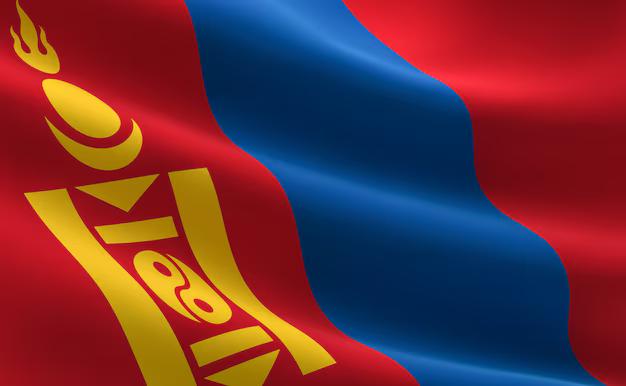Is Mongolian Pandora’s Box Closed Yet? A Look at Mongolia’s Parliamentary Election


Written by Gandolgor Sainkhuu, Advisor to Member of Parliament, Democratic Party of Mongolia
Mongolians went to the polls on Friday, June 28, to elect 126 members of the State Great Khural (Parliament), in an election marked by public discontent over corruption and a yearning for political renewal. Despite frustrations, the ruling Mongolian People’s Party (MPP) was widely expected to retain its majority, continuing its dominance of the country’s political landscape.
Nestled between the autocratic giants of China and Russia, Mongolia stands out as a beacon of democracy. The US-based Freedom House rates Mongolia’s political system as “free,” although it acknowledges the pervasive corruption that taints its governance. Despite three decades of efforts by the country to distance itself from its communist past, the ruling MPP proudly announces its more than 100-year history, seemingly ignorant of the fact that it still carries remnants of its communist origins.
During the reign of the MPP, Mongolia witnessed its highest number of protests and demonstrations demanding accountability from officials embroiled in various corruption scandals. It was clear Mongolia was opening a Pandora’s Box, as it headed towards authoritarian rule under a potential one-party-dominated system, leading to a notable decline in the rule of law.
Mongolia has experimented with various electoral systems, with the most recent one benefiting the MPP, allowing them to win a supermajority for two terms since 2016. However, MPP in a sudden shift of heart re-introduced the mixed electoral system, known for its political pluralism. This change, enacted through a constitutional amendment in May 2023, increased the number of MPs to 126 from 76. Of these, 78 are elected through majority representation and 48 through proportional representation. The amendment also increased the gender quota to 30 percent, among other changes. While the stated intention was to improve representation, decrease campaign spending, and increase political pluralism, many suspect the MPP sought a partner in crime, to share the blame for their poor economic management, corruption, and abuse of power.
The election results saw the Democratic Party (DP) secure 42 seats, the National Labour Party (NLP) eight, and the Civil Will Green Party and the National Coalition four seats each. The MPP, with 68 seats, proposed a coalition government with the DP and NLP. This coalition, despite differing political ideologies, echoes Ayn Rand’s “The New Fascism: Rule by Consensus,” where governance by fear replaces shared political ideals.
Despite this, there is hope that the DP, having been in the opposition for so long, will address the everyday struggles of citizens, left behind by the “out of touch” MPP. For the first time, political parties appeared to listen to voters by ousting corrupt senior politicians. Both parties aimed to renew their image by introducing young, educated candidates, signaling an end to the old corrupt regime. The Prime Minister, Luvsannamsrain Oyun-Erdene, expressed hope that the election would “open a new page of trust and cooperation between the state and citizens.”
However, this renewal was largely superficial, a mere facade. The enlargement of electoral district boundaries favored incumbents familiar to voters, leaving little room for newcomers. The legal campaign period was only 16 days, and the average electoral district is nearly the size of France, making it difficult for new candidates to gain recognition, let alone votes.
The election became a competition of wealth rather than policy. According to Tenger TV, the MPP spent 2.4 trillion tugriks, the National Coalition 2 trillion, the NLP 1.7 trillion, and the DP 1.4 trillion. However, rumors suggest the MPP’s spending was closer to 10 trillion tugriks, roughly three billion USD. For a population of 3.4 million, this amount of money seems absurd.
The 2024 elections took five seats from the MPP and gave 31 seats to the DP, signaling Mongolians’ desire for change, accountability, and a country where citizens can afford to live. However, despite the critical role of a strong opposition in a healthy democracy, the DP joined the coalition government. The Mongolian people can only hope that the DP remains true to its roots, remembers its time in the streets, and works to earn the trust of the electorate, positioning itself to potentially form a majority in future elections.
After all, this democracy is not only for Mongolia but for the wider region. One of the few solutions for the Global North in restoring peace and advancing democracy in the region is through Mongolia, as countries across Central Asia look to Mongolia as a model of balancing power and cooperation with authoritarians.